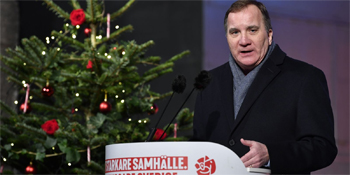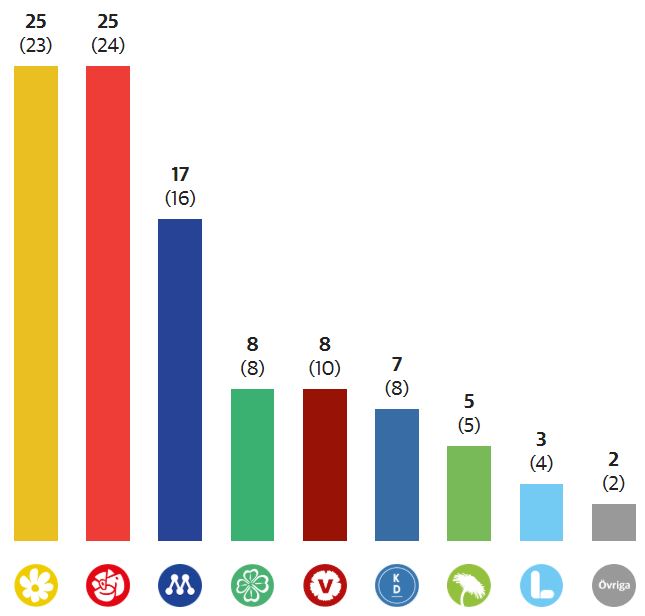
pic: NYTimes
Turkey’s President Recep Tayyip Erdogan announced today that he was going to open the border and allow the million-strong refugee population to leave Turkey, presumably for Europe. The 6 billion euros the European Union budgeted for paying off Turkey to not do exactly that is apparently already spent.
SvD writes that according to Doctors Without Borders, Turkey is currently harboring 3.6 million refugees, of which 365,000 come from countries other than Syria. Both Greece and Bulgaria share a border with Turkey, and there are Greek islands reachable by even a overweight and leaky rubber boat.
Minister for Justice and Migration, Morgan Johansson, seems unperturbed. In a comment, Johansson wrote that “We judge the risk for a new refugee crisis like the one in 2015 to be quite different this year. The situation in the EU and in Sweden is different. Sweden has another set of laws and it is harder for people to pass through Europe today. There are now many controls at the borders, and even in Sweden we have internal border controls that were put in place in 2015. The Swedish Migration Agency (Migrationsverket) has an expanded preparedness responsibility, and the government is in close contact with them.”
Moderate party leader Ulf Kristersson was more practical, calling for immediate aid to Bulgaria and Greece for help in strengthening their border control. “There will be big consequences if Turkey decides to renege on the (EU-Turkey) agreement” he said. “We know that Sweden and a few other countries are the most vulnerable if there isn’t a functioning border, as a lot of people come here.”
Before money is sent to Bulgaria and Greece though, a more likely scenario is sending another multi-billion cheque to Turkey for their continued help in penning in refugees. Keeping an army in Syria is expensive, after all, which is what the EU’s cheque will help fund.






